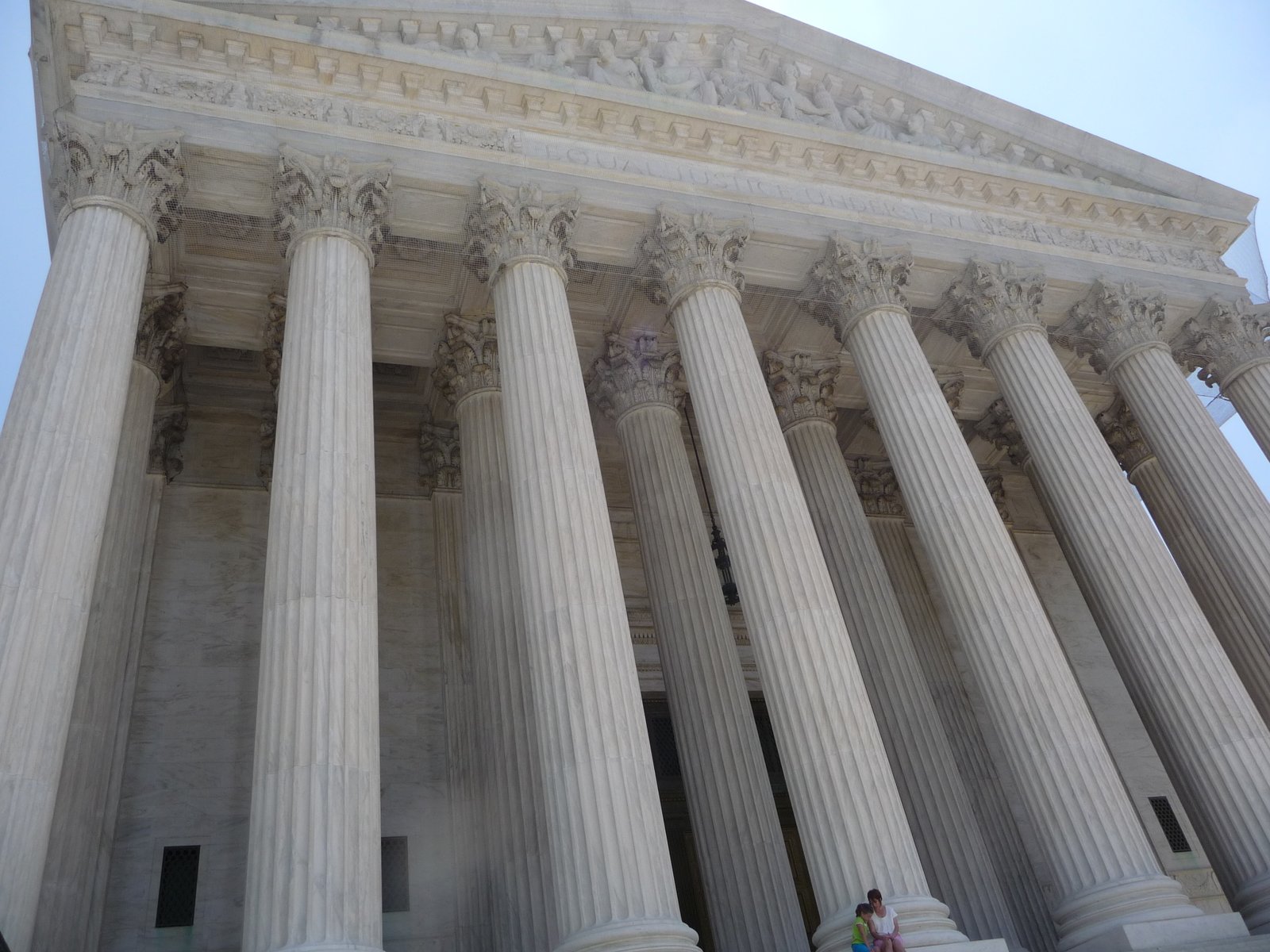A Colorado doctor who sued Centura Health, a Catholic and Seventh-day Adventist network of hospitals, for the right to dispense aid in dying medication was fired last week for violating a provision of her employment that prohibited her from encouraging assisted suicide or euthanasia.
Year: 2019
Opinion: Atheists’ board invocations help religious freedom
Commissioners on the Brevard County Board of County Commissioners were no doubt stunned when, on July 8, a three-judge panel of the U.S. Court of Appeals for the 11th Circuit unanimously declared (Williamson v. Brevard County) that the commissioners’ practice of automatically denying atheists the opportunity to offer solemnizing invocations/reflections at the board’s meetings was “discriminatory,” “unconstitutional” and “must be rejected.”
Court to decide whether Title VII protects LGBT employees
On October 8, 2019, the U.S. Supreme Court will hear oral arguments in two cases involving whether the antidiscrimination provisions of Title VII of the Civil Rights Act of 1964 protect LGBT employees. While state laws may provide localized protection, the question of whether the protection extends nationwide has been raised by two employers who have claimed they have the right under existing Federal law to discriminate based on sexual orientation and transgender status.
Legal and Legislative Update
An update on the status of Patterson v. Walgreen, New York expands statute of limitations on child sexual abuses case, ministerial exception in disability claims, and Sabbath accommodation
Supreme Court to hear challenge to Montana’s no-aid-to-religion law
The United States (U.S.) Supreme Court agreed to hear a case, Espinoza v. Montana Dept. of Revenue, concerning a Montana state legislative program that allowed individuals to receive up to a $150.00 tax credit for money that they could donate to one of several K-12 scholarship funds.
BREAKING: Supreme Court says WWI Cross can stand due to age
There’s an old adage that bad facts make bad law, and in this case, given political exigencies, there was little to no chance that the Court would have found that the cross must be removed from public property. While we had previously anticipated that denying the case based on standing would have been the “easy answer,” the Court issued a ruling today that addressed the cross on the merits. Now our attention turns to whether there is collateral damage to the substance of the Establishment Clause.
FFRF decides not to appeal 7th Circuit opinion upholding parsonage allowance
The Freedom from Religion Foundation has decided not to ask the U.S. Supreme Court to review the 7th Circuit decision in Gaylor v. Mnuchin (7th Cir., March 15, 2019) upholding a clergy-specific tax-free housing allowance provision in the IRS code. The secular organization has consistently argued that Internal Revenue Code Sec. 107(2) violates the Establishment Clause.
Why the Free Exercise Clause needs to be strengthened
The Free Exercise Clause that guarantees religious freedom is much weaker than most people realize. While freedom of speech, freedom of the press, freedom of assembly, and even the establishment clause are subject to highest “strict scrutiny” levels of protection, the free exercise of religion receives the lowest level of protection – the “rational basis test.”
High Court reverses Oregon finding against bakers and sends case back to lower court for further review
The Supreme Court appears reluctant to squarely address the balance between the free exercise of religion and anti-discrimination statutes, or to discuss a claim for hybrid-rights combining “rational basis” free exercise rights with “strict scrutiny” free speech rights.
Supreme Court rules that Title VII EEOC filing requirements are mandatory but not jurisdictional
The Supreme Court issued a ruling on June 3, 2019, in a case (Fort Bend County v. Davis) involving whether a court may hear a discrimination case where the plaintiff fails to raise all charges in an initial EEOC complaint. The Court found that the Title VII’s rules are procedural, not jurisdictional, and as such procedural defenses need to be raised early in a case.






